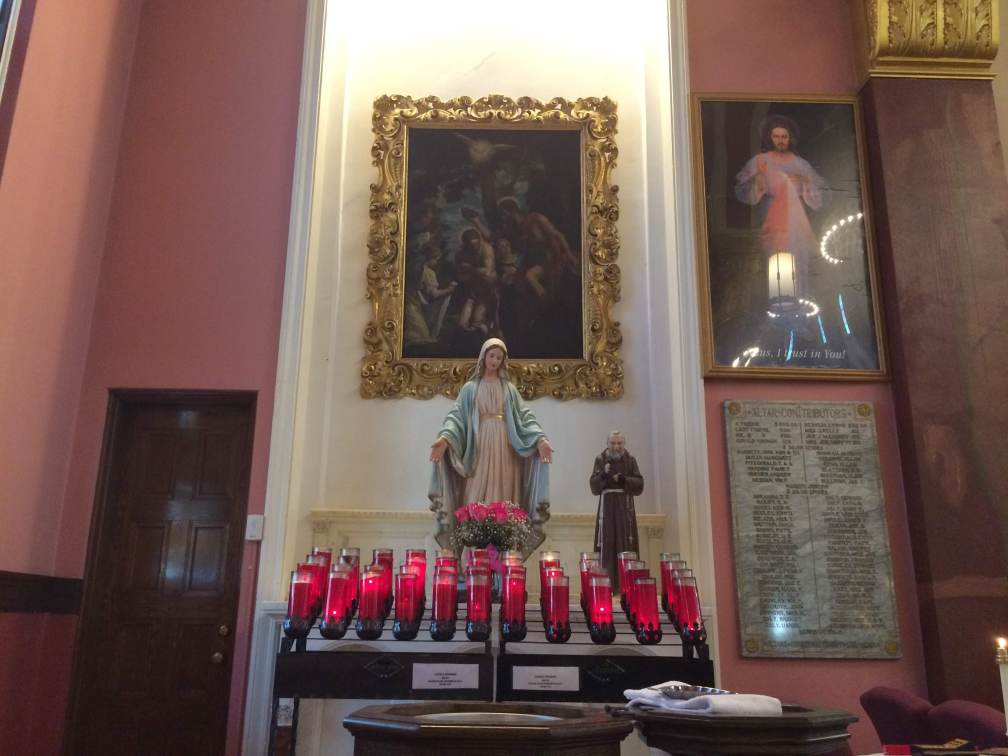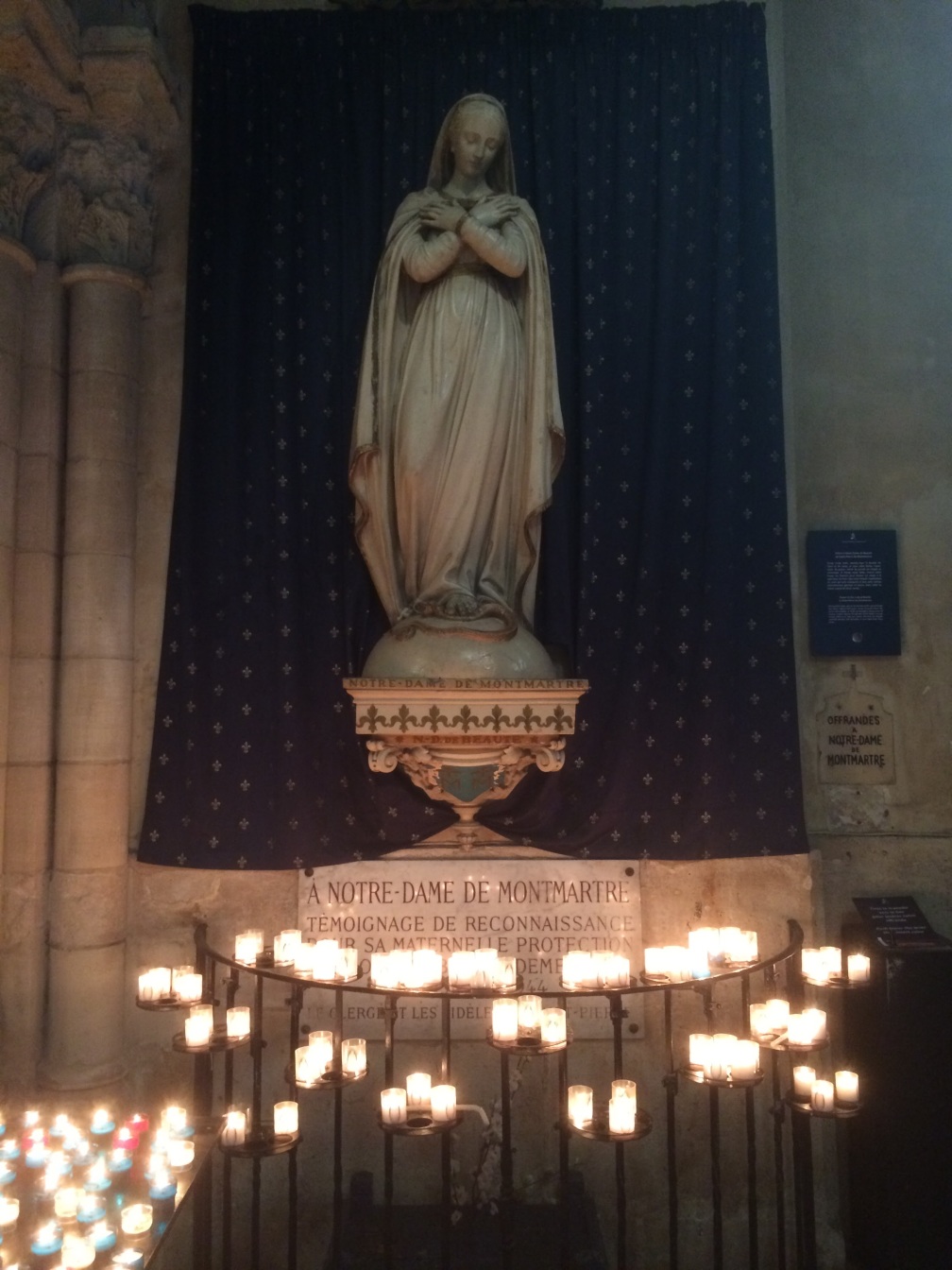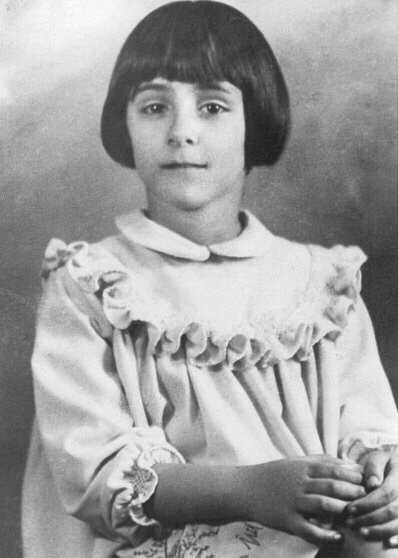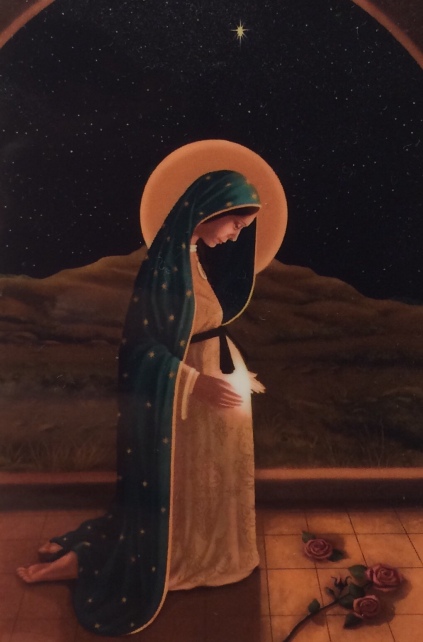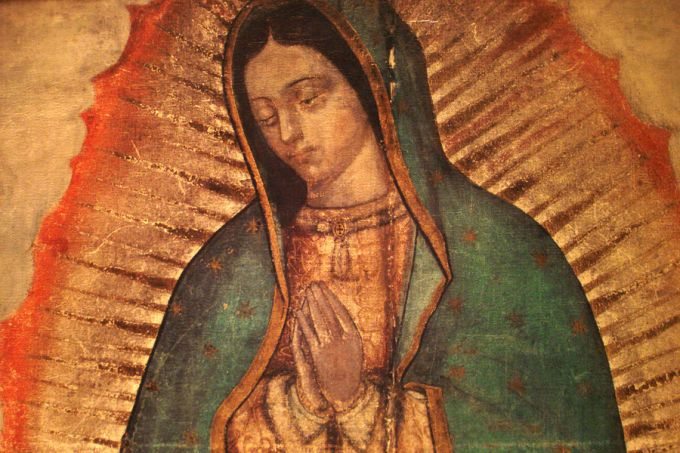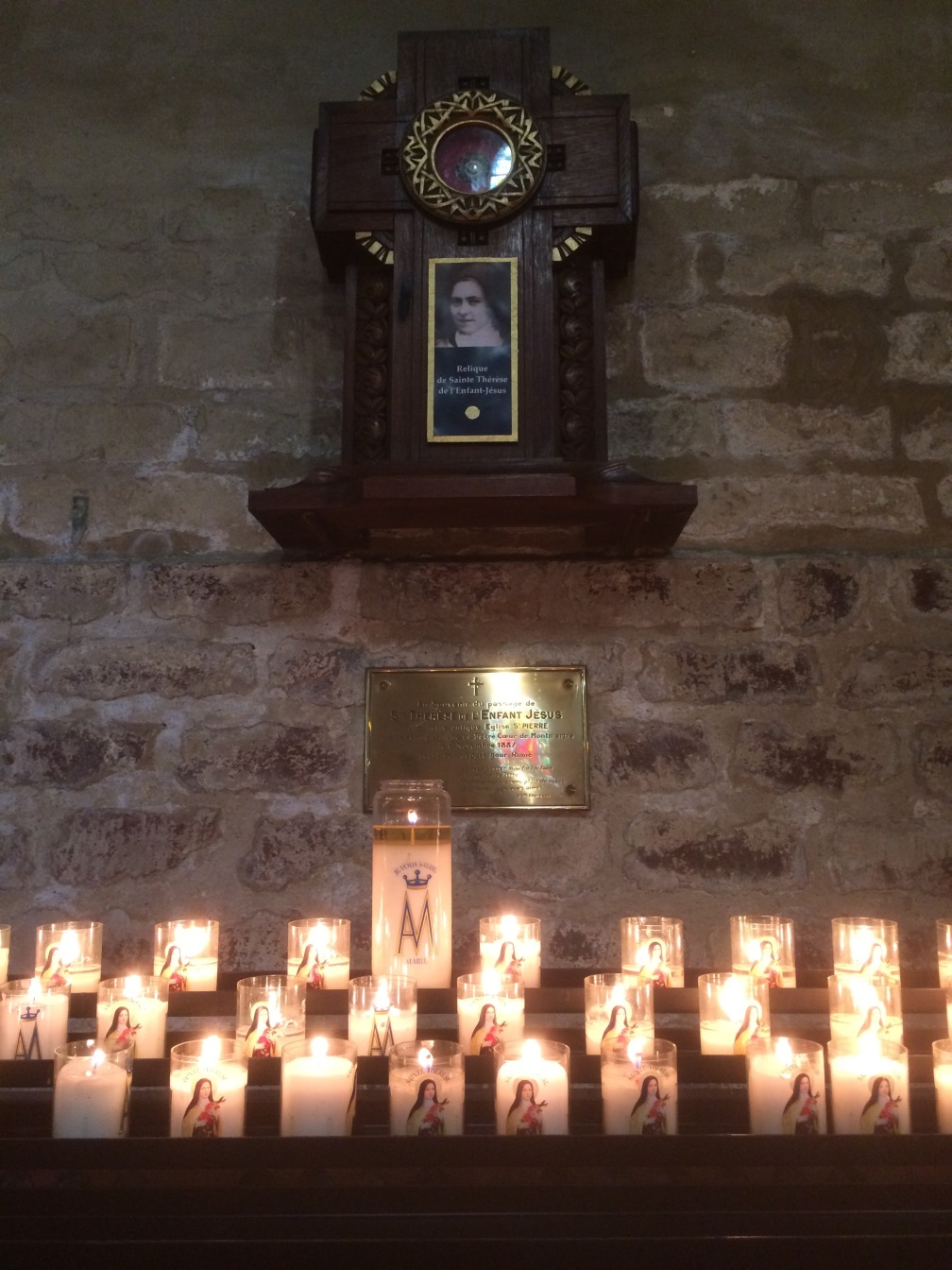
If you have time for one article today, read this instead.
In front of the tabernacle (what a blessing!) today:
I’ve been told time and time again that a way to improve in sanctity hidden in plain sight is to do the small things of life with great love. St Thérèse, whose feast it is today, was the first to communicate this to me as such; I recall reading the first half of Story of a Soul those first few months of becoming Catholic that I spent largely in bookstores. Though I don’t think I understood it at all. “It seems a bit remote. Where’s my broom to quietly sweep the convent with? What’s my convent?” I asked, and not stopping to ponder the obvious answers to my questions, I moved on – though thankfully St Therese didn’t move on from me. Since then, other saints added their little nudges of grace. St Benedict’s Holy Rule did seem to complement St Therese’s Little Way quite well. I had an attraction to both, but in my present circumstances where was my monastery? I read some time last year Father Willie Doyle’s saying, “Do everything for His sweet love alone.” It was posted again on the website dedicated to him, in context:
Don’t dwell on what you have not done, for I think that want of confidence in His willingness to forgive our shortcomings pains Him very much, but rather lift up your heart and think what you are going to do for Him now. You know the secret of making a short life very long in His eyes, and a life of few opportunities crammed full of precious things. Do everything for His sweet love alone.
And of course there is always Our Lady, who says “Ecce, fiat, magnificat.” Perhaps it was the graces of the preparation for consecration (almost there!) but all of these things started to make sense, practically, in my thick skull. It took me long enough – years – to realise at least partially what this little way might entail. If what I want is the perfection of my actions, doing them well will become part of it, but since I am seeking the perfection of love, it is enough, as a beginning, to simply make an act of love and offering before every action. Prayer precedes action and makes it fruitful. There are so many things I do each day: sleeping, waking, getting ready for the day, walking up and down stairs, eating, my daily work, my daily prayer, my conversations, my breaks. They are all there available to be offered. Would it not be helpful for me to offer them all, each discrete action, to keep up a continuous chorus of offerings, small as they might be, in imitation of the angels who live for the continuous praise of God? Those moments are all I have; they are my life, strung together. Why not make them into all love? Wouldn’t that be delightful?
Another term came to my attention, “the sacrament of the present moment”, in a chapter talk on the Rule of St Benedict (I now find that it is the title of a book I have not yet read). The impression I got was that the Will of God is, for us, accessible in our now, in our present. There is no point worrying about the future or dwelling on failures of the past. We are called to love God in our present, whatever that present might be.
Hands full with all these fresh gatherings from the garden of Catholic spirituality, I was in front of the tabernacle. If God’s Will is present in our now, and if the face is an equivalent term for presence, then we can say that in our daily offerings of moments our object of love and the aspect (aha! aspice.) of God which we are closest to is the Face of God, which is in fact the Human Face of Christ. This little way of St Thérèse, which had been making quiet little nudges at me, now seems to be a profound meditation on the Incarnation.
But it goes further (so I gaze at the tabernacle door). The present moment may reveal, in its multifarious ways, the Face of Christ. But isn’t the Eucharist the sacrament of the Face of Christ par excellence – since it is Christ Himself? Don’t we talk about the Blessed Sacrament in terms of the Real Presence? Isn’t there some intrinsic connection, then, between all three: a devotion to loving God in every little act of the present moment, the Holy Face of Christ, and the Real Presence of Christ in the Blessed Sacrament? Why, of course! The Real Presence in the tabernacle may be confined locally, spatially, to the appearances of bread. (I…hopefully expressed that correctly.) But this sacrament is also, in some mysterious way, present to anyone, anywhere, who desires it and calls upon the Name of Christ, just as within it are present, folding up space and time, all of the mysteries of Christ’s life and Passion. So in the end, the Little Way is Eucharistic. My broom, my convent, my monastery, they are found in my waking, my working, my walking, my thinking; and what ought to be at the centre of this little monastery? Why, the Blessed Sacrament, of course. And in living life according to the Rule of the Host, always under the gaze of the Eucharistic Face of Christ, perhaps I can become, in time, a little Host, a little sacrifice. St Thérèse, pray for us!

